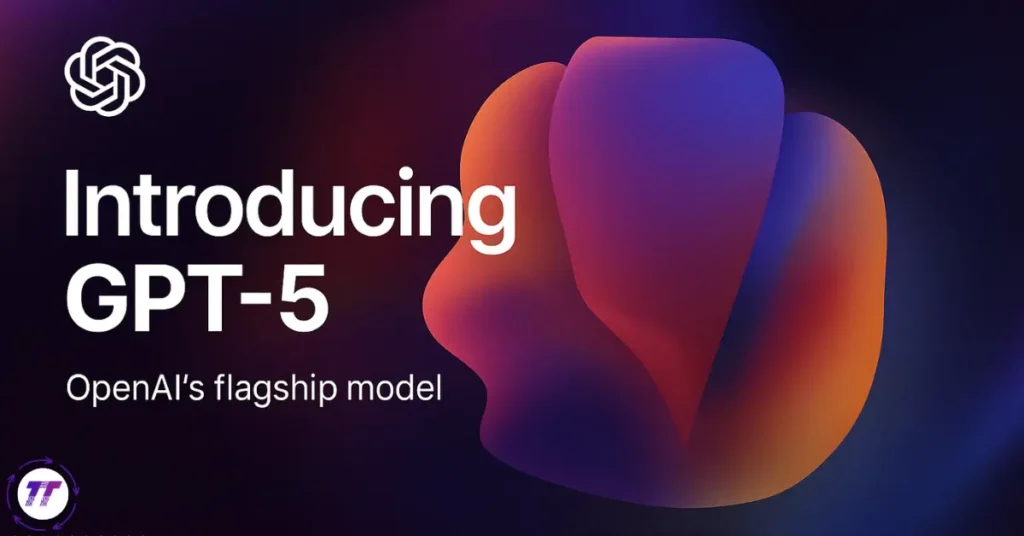Artificial Intelligence (AI) is no longer a futuristic concept—it’s shaping industries, workplaces, and even daily life. From self-driving cars to advanced chatbots like ChatGPT, AI has advanced rapidly, raising a critical question: Can AI replace humans?
This article dives deep into expert insights, examining the jobs AI will replace, the future of work, and the balance of human vs AI in the future. We’ll also explore the ethical considerations, potential risks, and opportunities for collaboration between humans and AI.
By the end, you’ll have a comprehensive understanding of whether artificial intelligence replacing humans is a real possibility—or a misconception fueled by science fiction.
Understanding the AI-Human Debate
The question, “Will AI replace humans?”, is both complex and controversial. While AI has proven to outperform humans in certain tasks—such as processing large data sets, performing repetitive functions, or analyzing patterns—it lacks many qualities unique to humans: empathy, creativity, and moral judgment.
AI vs Human Intelligence
Humans excel in adaptability, emotional intelligence, and critical thinking. AI, on the other hand, thrives in automation, precision, and speed. The two complement each other more than they compete, suggesting that human-AI collaboration may define the future rather than outright replacement.
Jobs AI Will Replace vs Jobs Safe from AI
One of the biggest concerns about AI taking over jobs is employment security. Let’s break it down:
Jobs AI Will Replace
According to studies from McKinsey and PwC, AI and automation are expected to replace jobs involving routine, repetitive tasks:
- Manufacturing roles (assembly line, quality control)
- Customer service representatives (chatbots and voice assistants)
- Data entry clerks
- Telemarketers
- Transportation drivers (self-driving vehicles)
Jobs Safe from AI
Jobs requiring emotional intelligence, creativity, and complex decision-making are less likely to be replaced:
- Healthcare professionals (doctors, nurses, therapists)
- Teachers and educators
- Creative professionals (writers, artists, designers)
- Leadership roles (strategic decision-making, management)
This suggests that while automation and employment may clash in some areas, opportunities for human creativity and leadership remain strong.
Expert Opinions on AI’s Future
Experts widely agree that AI will augment rather than fully replace human roles. For example:
- Kai-Fu Lee, former Google executive, argues that 40% of jobs could be automated but emphasizes the importance of human creativity and compassion in the workforce.
- Elon Musk has warned of AI’s risks, suggesting the need for regulation to ensure safety.
- MIT researchers highlight that human-AI teams often outperform either humans or machines working alone.
This aligns with the view that the future of AI and humanity will be defined by collaboration.
Real-World Examples of AI in Action
Healthcare
AI-powered diagnostic tools are helping doctors detect diseases earlier. However, the final diagnosis and patient interaction still require human expertise.
Finance
AI algorithms detect fraud and analyze market trends. Yet, human financial advisors remain critical for building trust and making nuanced investment decisions.
Creative Industries
AI tools generate music, art, and even written content. But they function as assistants, with humans leading the creative vision.
Pros and Cons of AI Replacing Human Jobs
Pros
- Increased efficiency: Automation reduces human error and speeds up processes.
- Cost savings: Companies save money by automating repetitive tasks.
- 24/7 operations: AI systems don’t need rest or breaks.
Cons
- Job displacement: Millions of jobs could be at risk.
- Ethical concerns: Bias, data misuse, and lack of accountability.
- Loss of human touch: Customer service and caregiving require empathy AI can’t replicate.
Addressing the Big Question: Will AI Take Over the World?
The idea of AI taking over the world is popular in movies, but reality paints a different picture. Current AI lacks self-awareness, emotional intelligence, and independent morality. Experts agree that AI is a tool—powerful, yes, but still dependent on human oversight.
The real challenge lies in AI ethics and responsibility. Without regulations, AI could amplify biases, threaten privacy, or widen economic inequality. Governments, companies, and individuals must work together to ensure AI benefits society.
Future of Work: Human-AI Collaboration
Instead of framing the future as humans vs AI, experts propose a collaborative model. This approach combines:
- Machine efficiency (data analysis, automation)
- Human creativity (innovation, empathy, judgment)
For example, in journalism, AI can generate factual reports quickly, while human writers focus on investigative stories and nuanced commentary.
If you want to explore more about next-generation AI advancements, check out this article on Joseph Reth’s AI challenge, which dives into the competition shaping future AI systems.
FAQs on AI Replacing Humans
Q1: Will AI replace humans completely?
No. AI may replace specific tasks but cannot fully replicate human creativity, empathy, or moral judgment.
Q2: What jobs are most at risk?
Repetitive and routine-based jobs such as data entry, telemarketing, and driving are at higher risk.
Q3: Which jobs are safe from AI?
Roles requiring human empathy, creativity, and leadership, such as healthcare, education, and management.
Q4: Should we fear AI taking over the world?
No. AI lacks consciousness. However, regulation and ethical frameworks are crucial in preventing misuse.
Q5: How can humans prepare for an AI-driven future?
By upskilling in creativity, emotional intelligence, problem-solving, and technology literacy.
Conclusion
So, can AI replace humans? The short answer is no—at least not entirely. While artificial intelligence replacing humans in routine jobs is likely, the unique qualities of human intelligence, empathy, and moral reasoning remain irreplaceable.
The future of work and AI points toward collaboration rather than competition. By embracing AI as a partner, society can achieve greater innovation, productivity, and progress.
The key lies in preparation: upskilling, adopting ethical guidelines, and fostering human-AI collaboration. This way, we shape a future where AI enhances human potential instead of diminishing it.
What do you think—Will AI replace humans? Share your thoughts in the comments below. If you found this article insightful, share it with friends, colleagues, or on social media to spark more conversations about the future of AI and humanity.


